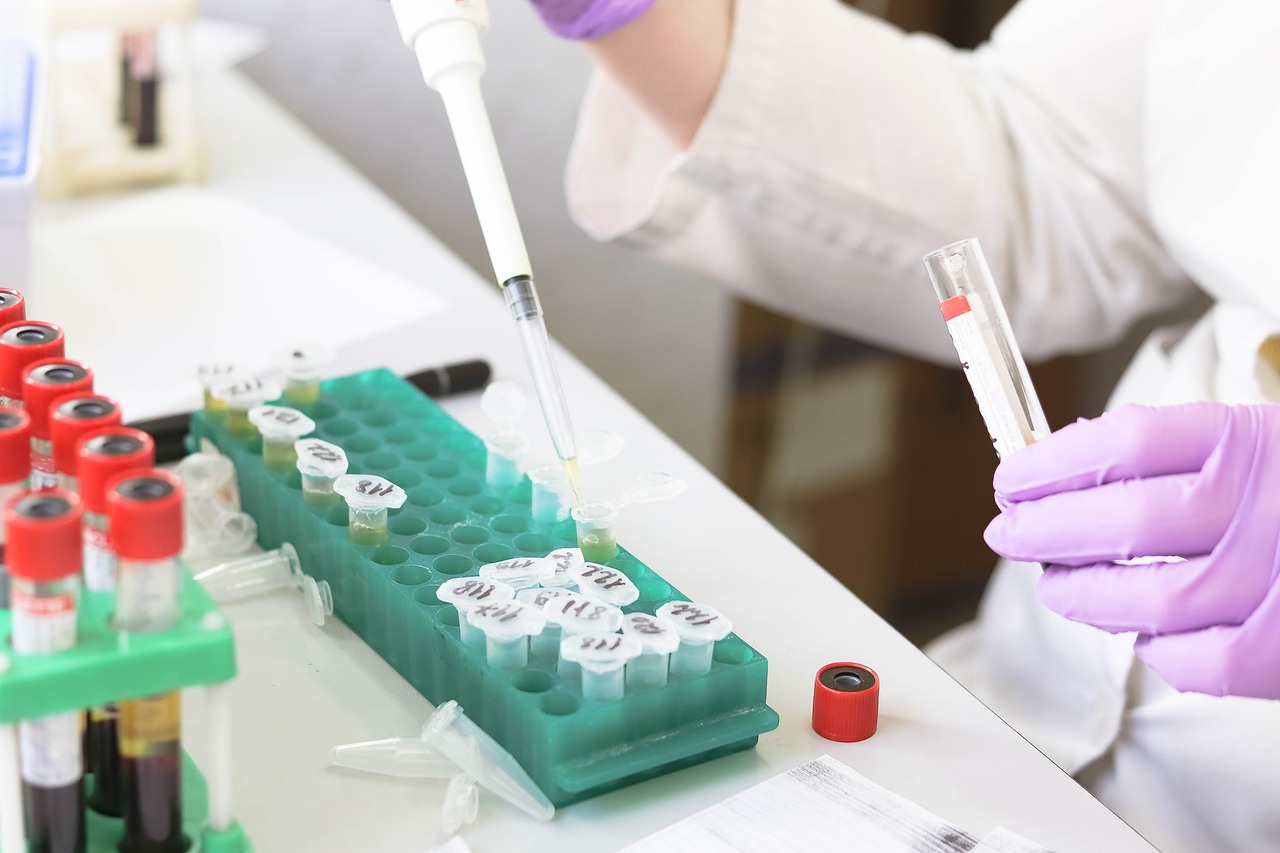
Genetic abnormalities, conditions caused by gene and chromosome changes, can lead to devastating birth defects. Most often, embryos inherit these conditions from the parents, but in some instances, they occur spontaneously due to the genetic combination of the biological parents or maternal age.
These genetic abnormalities include conditions such as cystic fibrosis, Down syndrome, Turner syndrome, Tay-Sachs, and sickle cell anemia. In many cases, however, the pregnancy doesn’t survive to term and ends in miscarriage or stillbirth. For couples going through infertility treatment, genetic abnormalities only compound the heartache.
That’s why we offer preimplantation genetic testing, or PGT, for couples undergoing IVF. PGT involves testing some cells from developing embryos to identify genetic abnormalities. Embryologists perform the test in the lab before your embryo transfer, thus improving your odds for a healthy and successful pregnancy. Identifying afflicted embryos reduces the risk of transmitting genetic abnormalities and disorders that could end in loss of pregnancy or birth defects.
What is Preimplantation Genetic Testing

PGT, as mentioned, tests cells from the developing embryo in a lab setting. As the embryo develops around the 5th day post-fertilization, the embryo splits into two distinct groups of cells. One group of cells becomes the baby, and the other becomes the placenta that supports the baby’s development in utero.
An embryologist removes cells from the pre-placenta and tests these cells for genetic and chromosomal abnormalities. This helps them identify any embryos likely to carry defects. If you and your partner have a family history of inherited conditions, or your doctor recommends PGT due to maternal age or other factors, this test is crucial for preventing genetic or chromosomal conditions in your future baby.
There are a few different types of PGT that focus on specific issues.
- PGT-M identifies single-gene (monogenic) disorders in the embryo, such as Huntington’s, hemophilia, cystic fibrosis, and sickle cell.
- PGT-SR identifies structural arrangements that occur in the chromosomes. Changes in the physical structure of the chromosomes include deletions, duplications, and other abnormalities. These structural abnormalities increase your risk for miscarriage, stillbirth, and many physical and developmental issues.
- PGT-A looks for an abnormal number of chromosomes. The results of aneuploidy include many commonly recognized birth defects such as Turner Syndrome, Down syndrome, and Klinefelter syndrome, all caused by errors in cell division that lead to an extra or missing chromosome.
- PGT-HLA helps when parents seek a sibling match a child who suffers from a disease which calls for stem cell treatment. Cells from the umbilical cord or, later on, bone marrow, may save the life of the baby’s sibling.
Why PGT Matters to Parents

The primary goal of PGT is simple: The lab identifies those embryos most likely to lead to a successful and healthy pregnancy and delivery of a healthy baby. PGT reduces your risk of miscarriage and the need for multiple embryo transfer, which comes with its own set of risks. And with an increased opportunity for a healthy pregnancy, you may lessen the number of IVF cycles necessary for success.
Of course, some parents utilize PGT for other reasons. Here are just a few common reasons couples choose PGT during their IVF cycles.
- Family Balancing: Also known as gender selection, testing for one gender over another is a common reason for PGT. This could be due to a known genetic condition that impacts one gender over the other, or a desire for a specific gender to balance the family. Of course, gender selection is deeply personal to those involved.
- A Match for an Ill Sibling: PGT identifies, before implantation, whether an embryo is a match for a sibling who needs stem cells for a life-threatening disease such as leukemia or sickle cell.
- Prevent Unknown Abnormalities: Some couples, especially those who’ve endured more than a few IVF cycles, find peace of mind in knowing they’re doing all they can to prevent genetic or chromosomal abnormalities. When the embryologist identifies the healthiest among your viable embryos, your odds for IVF success increase.
- Identifies Next Steps: Sometimes, there is no way to avoid the possibility of genetic abnormalities in your embryos. If that is the case, PGT identifies this heartbreaking reality, and you may proceed in a different direction. Possible solutions are using donor eggs or sperm, or donor embryos. Your doctor advises you according to your diagnosis.
For More on How PGT Can Help You

PGT offers a path to parenthood for many couples. By screening embryos, the testing improves the chances for a healthy pregnancy and birth of a healthy child. Sometimes there are ethical concerns, and if you have these concerns, please discuss them with your doctor. For more on the processes and benefits involved in preimplantation genetic testing, please contact LA IVF.










